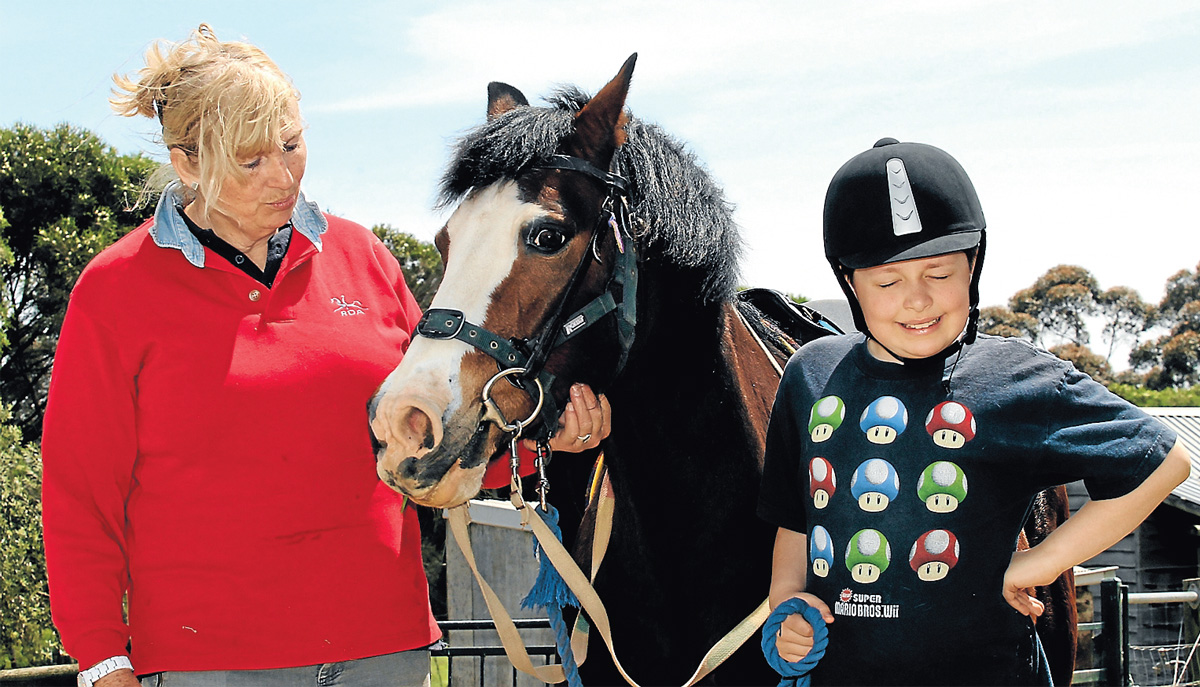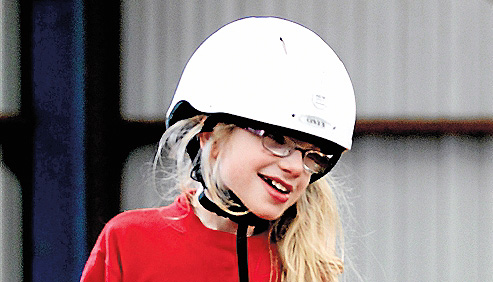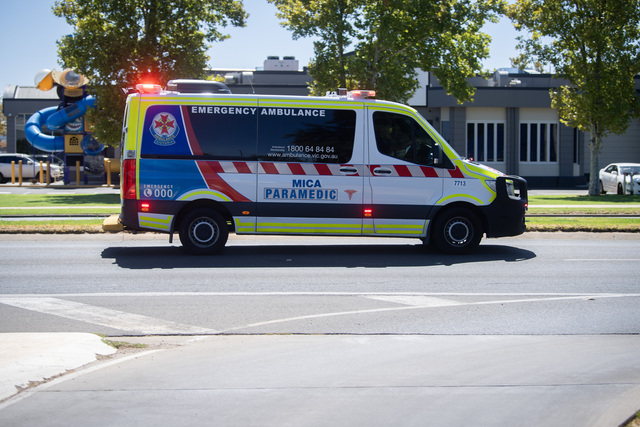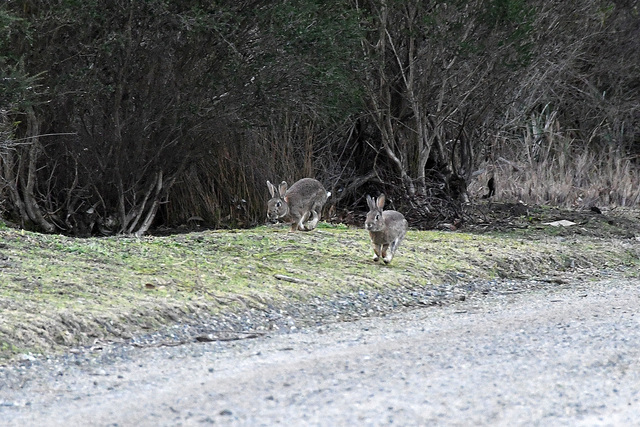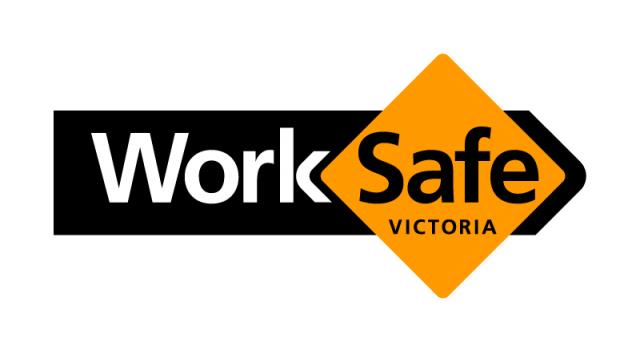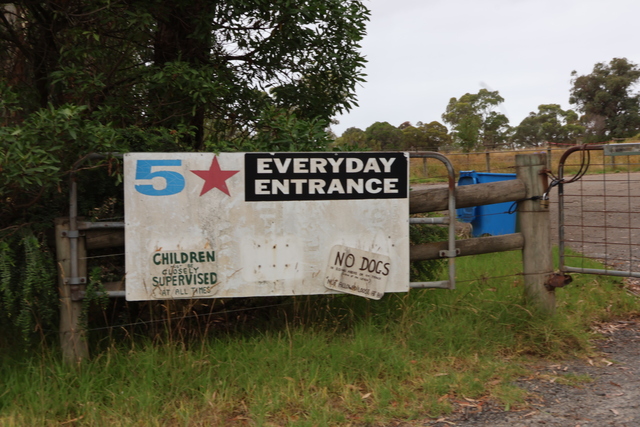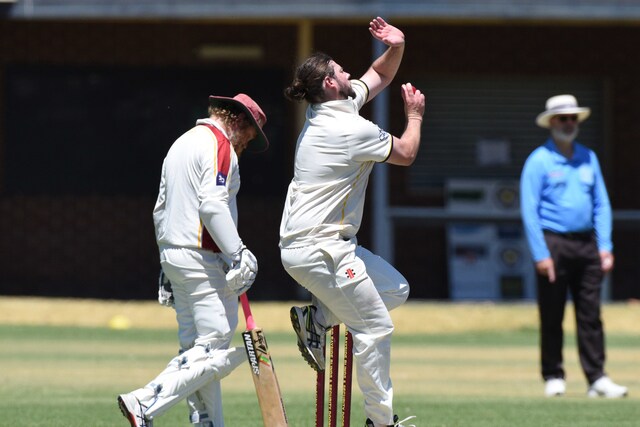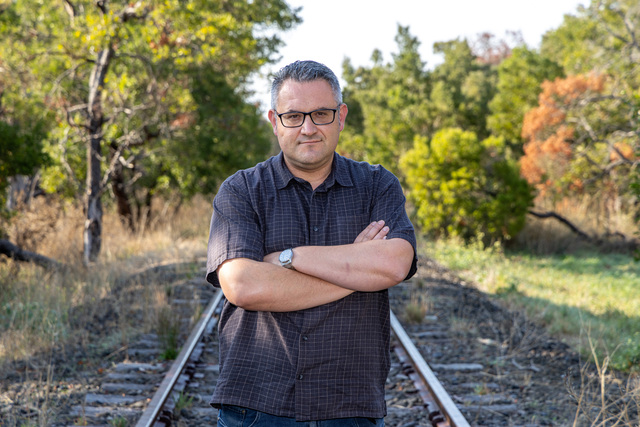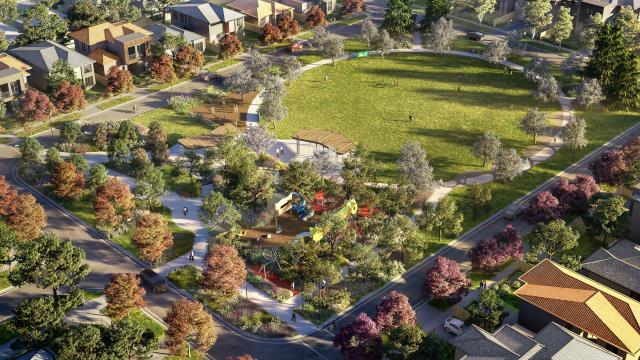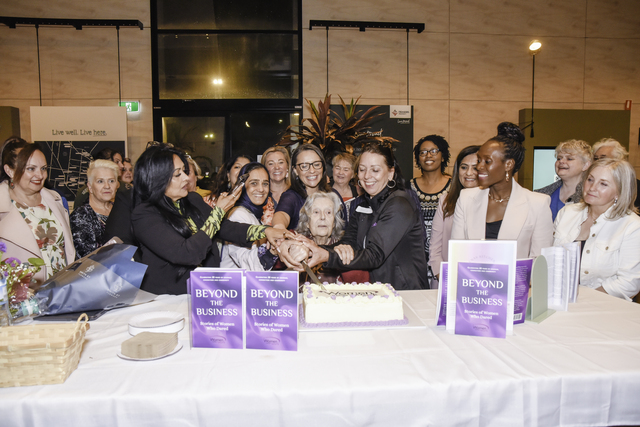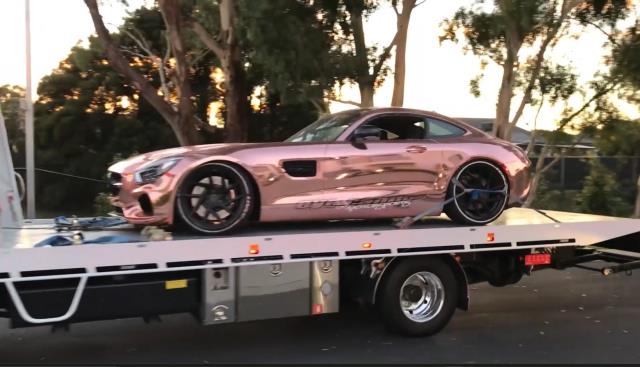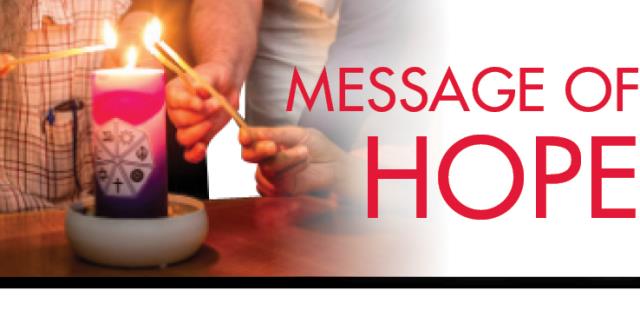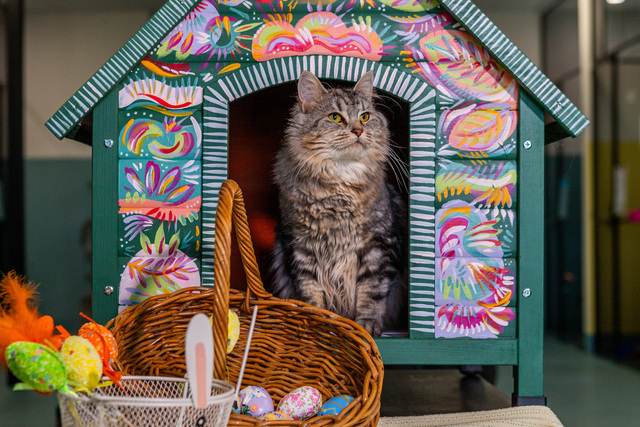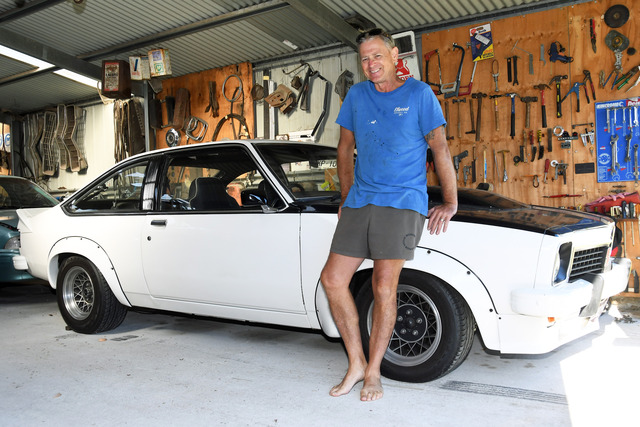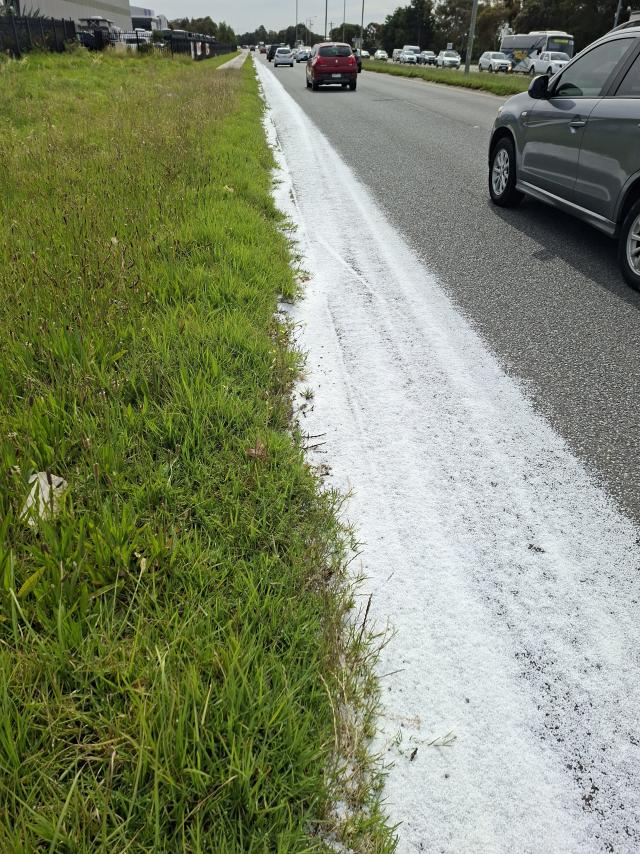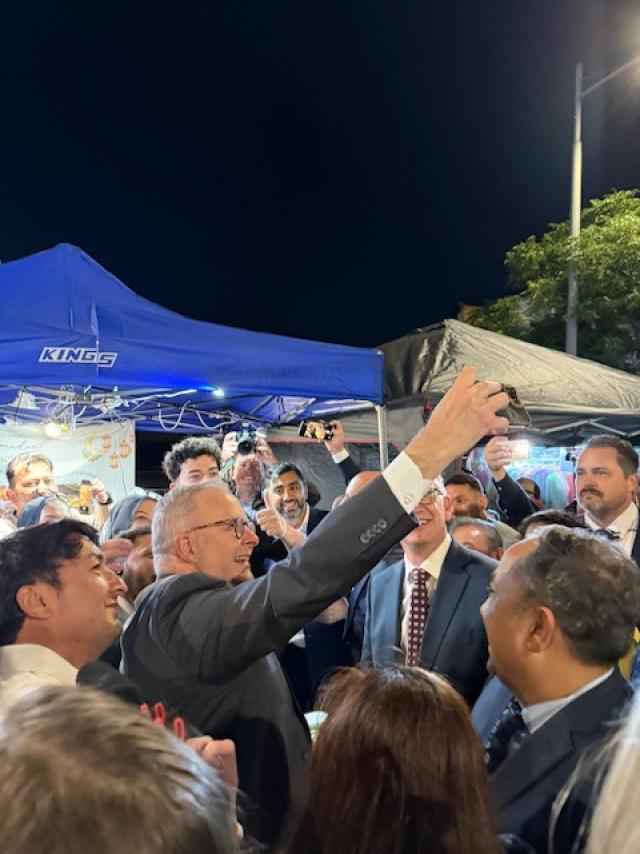For people with disabilities, learning to ride a horse can be transforming, emotionally and physically. Catherine Watson visited Myuna Farm to see Riding Develops Abilities in action.
YEARS later, Coosje Dubach can still remember that triumphant bellow. “Look at ME! I’m on a HORSE!”
What made it so memorable, she says, is that the rider, a boy with Down syndrome, had been utterly terrified of horses when he arrived. It took weeks of coaxing to get him to go anywhere near one, let alone to touch it.
To conquer that fear, to touch a horse, to sit on it and finally to guide it around the arena, was life-changing. “I thought then, how will we get him off,” says Dubach. “But it was no problem. Ever since that day, he was good.”
Dubach is a coach with Riding Develops Abilities at Myuna Farm in Doveton and sees such moments every week.
For people with disabilities, she says, forming a bond with a horse can be transforming — intellectually, emotionally and physically. As a horse and rider learn to move together, they also learn to trust each other.
Gary Williams has watched it in his son Luke, 20, who has cerebral palsy. Luke can’t walk or talk but Gary says the grin on his face when he’s on a horse says it all. “You can see he’s happy.”
Luke has a spinal and balance problem, so sitting upright on the horse requires great concentration, for him and the three volunteer handlers.
His father says it’s all part of the therapy. “You can take him in a car and it’s static. With a live animal, there’s all that movement. It’s very good physically.”
He adds that it’s also great therapy for parents to see their kids doing something they enjoy.
Luke shares his weekly riding session with Paige, 8, who has Rett syndrome, a disorder that affects speech and movement, and Aaron, 10, who has autism.
For autistic children, riding is a chance to shut out the relentless rush of sensations and thoughts and concentrate on one thing: attuning their own body to the movements of the great animal beneath them.
Aaron has been riding for a couple of years. As he has become more skilled, his concentration has improved. “He always says he doesn’t want to come,” says his father, Julian Manole, “but once he’s in the car he gets pretty excited. Every time he’s here, they do something different. He’s made huge improvements.”
Paige, who generally relies on a wheelchair, is now in her third year of riding. She spent her first few sessions lying across the horse to get used to the action but now she generally manages to sit upright for part of the time.
Her mother, Debra Dosser, says she loves it. “It really helps with strengthening her muscles to keep her walking. Horse-riding is one of the best things for girls with Rett syndrome.”
The riders don’t use saddles. Dubach says riding bareback or just with a rug makes the rider emulate the rock-and-roll movement of the horse.
“For someone in a wheelchair, it’s very good to get that movement. Once they are able to sit up, we take it further: we try to get them to sit up straight and have a good posture. It’s all improving muscle strength and at the same time improving concentration.”
Then there is the confidence boost. “On top of the horse they’re up high,” Dubach says. “They can look down on everyone else. For someone who’s usually in a wheelchair or lying down, that’s really a good feeling.”
And often for the first time in their lives, they’re one up on their “normal” friends and siblings — not many urban kids get near a horse, let alone go riding every week.
Finding suitable quiet horses is always a challenge for RDA.
Dubach says they look for horses or ponies that have gone to pony club and don’t startle easily. If you know of one looking for a good home, give them a call.
There is a constant need for volunteers and they now need another person to train as a coach to work with riders with disabilities such as cerebral palsy, acquired brain injury and paraplegia, autism, hearing, vision and intellectual impairment and multiple sclerosis.
Dubach, who lives at Guys Hill, near Beaconsfield, began as a volunteer at Myuna Farm about 10 years ago, then realised there was a very big need for coaches.
“I rode horses as a teenager but I’m not really horsey. The important thing is to know about the different disabilities and how to match horses to riders.”
Some of the volunteers — including Rob Gwin — are “horsey” people but most aren’t.
If you are interested, says Dubach, try the training and if you find you’re not comfortable around horses then you can always move on.
Gwin, of North Dandenong, says it gives him great pleasure to watch the progress of the young riders. “Paige is starting to sit up well — she couldn’t do that at first. And when Aaron gets into a trot, you can see him having a giggle.”
Dubach says the physical aspect of riding — the balance, the muscle development — is important but just as important is the special bond that sometimes develops between horses and humans.
For people like Paige and Luke, who do not have the power of words, the touch of a horse can be an exhilarating experience.
Perhaps Winston Churchill put it best: “There is something about the outside of a horse that is good for the inside of a man.”
Riding Develops Abilities: Volunteers are needed to help with weekly horse-riding sessions for children and adults with disabilities at Myuna Farm, Kidds Road, Doveton. Training available. Details: Rick, 0425 777 449, or Coosje, 9707 2301.
What do you think? Post a comment below.
For all the latest breaking news, stay with this website. Also, follow the Weekly at facebook.com/dandenongjournal or on Twitter @DandenongJournal.

